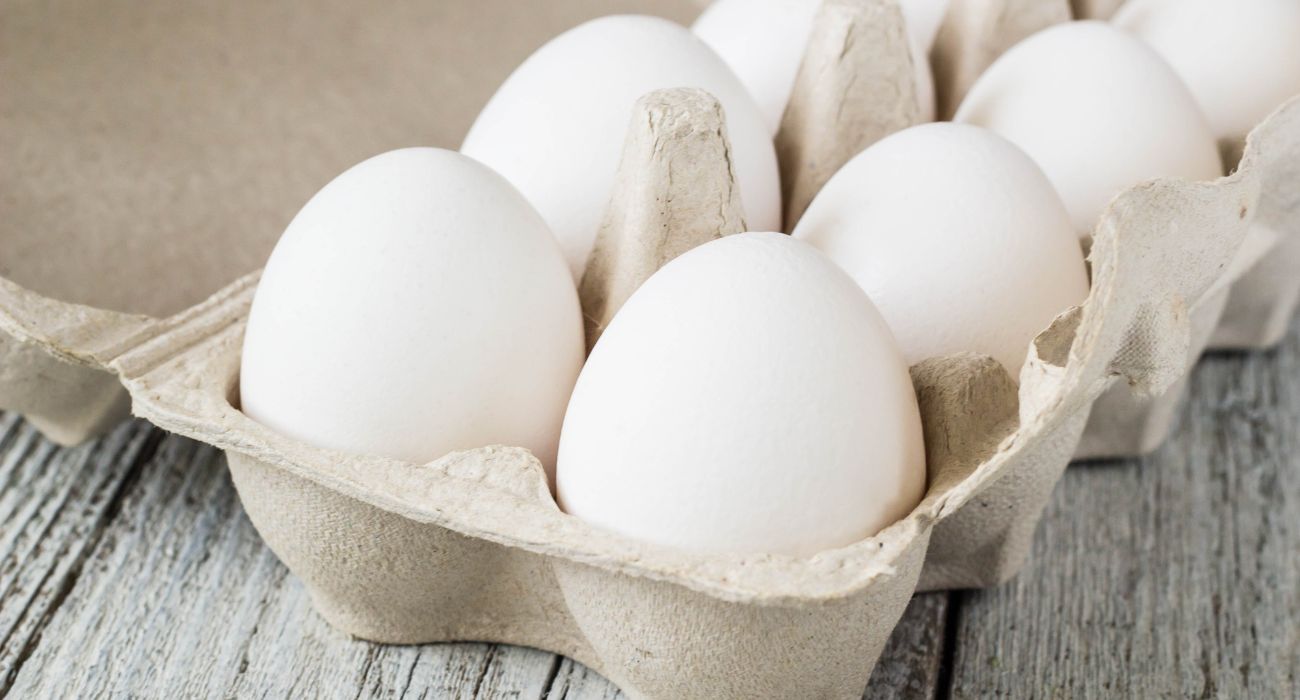In the last year, the price of eggs has increased by an alarming 39.8%, primarily due to the rise in avian influenza cases among chickens.
Avian influenza, or bird flu, is highly contagious and has already affected 58 million chickens, 40 million of which were egg-laying hens, as previously reported by The Dallas Express.
Egg prices in the cities surrounding Dallas have continued to increase. Prices have doubled in the last month at the Walmart at Belt Line and Montfort roads in Addison.
A dozen eggs were selling for $5.12 Friday, with 18 going for $7.54. A box of 60 was priced at $25.30.
In Fort Worth, Target on Carroll Street had similar prices for eggs. A dozen eggs were selling for $5.89, while 18 eggs were priced at $7.79.
Some shoppers from the area have noticed the increase in prices over the last few weeks.
“I noticed they started going up between Thanksgiving and Christmas,” said shopper Sherrie Dunn, a resident of Dallas. “It does not seem like a lot until you realize they used to be $2 or $2.50 for a dozen.”
Some consumers have even changed their shopping habits and hobbies due to price increases. Dunn’s friend, Randy Gill, also a resident of Dallas, said he likes to bake as a hobby. He claims the price increase has cut down on his time in the kitchen.
“I probably use 250 eggs a month,” he said. “I’ve spent close to $100 on eggs alone since Thanksgiving. I have been baking less since New Year’s Day.”
These price increases have also affected local businesses surrounding Dallas as well. Leslie English sells baked goods out of her home.
She told The Dallas Express that she’s made a tough decision to raise prices with the soaring costs of eggs and other supplies.
“I refuse to use lower-quality ingredients,” English said. “That would affect the end product. When they get a baked good from me, you’re getting a great, homemade dessert.”
Before prices begin to decrease for eggs, suppliers will have to manage the bird flu spreading through their farms. As reported by The Wall Street Journal, some suppliers believe that prices will begin to decrease around February.
On the other hand, a report by the American Farm Bureau Federation suggests that prices will not decrease anytime soon and “pressure will keep prices high with supplies forecasted lower and demand forecasted higher for 2023.”






